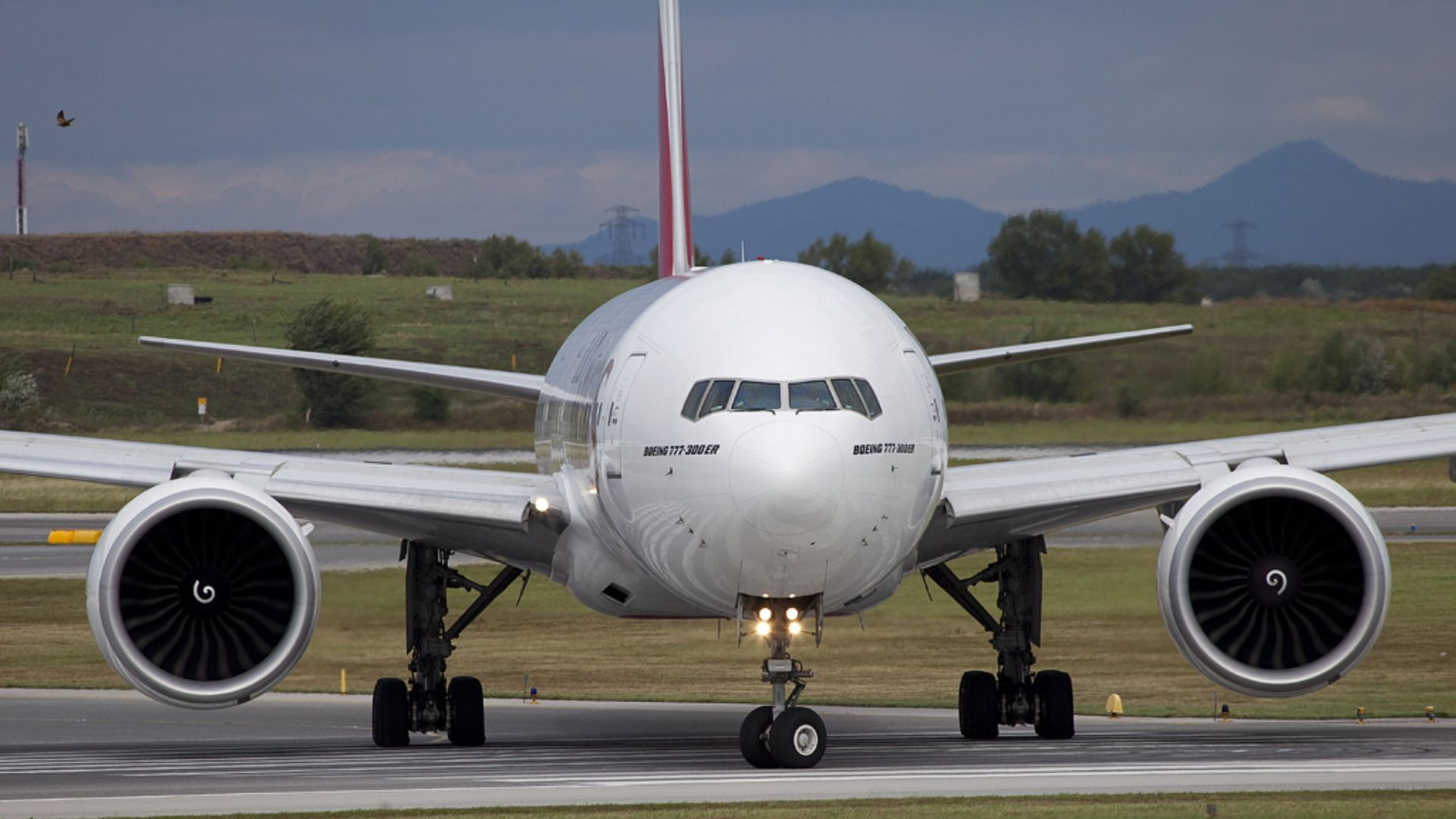- cross-posted to:
- technology@lemmit.online
- cross-posted to:
- technology@lemmit.online
FAA warns of possible defect in Boeing 777 engines::undefined
Seems like the title is a bit deceptive. It mentions multiple airliners from both Boeing and Airbus, that are potentially in need of having engine components replaced, due to defects introduced by GE Aerospace.
FTA: “As per FlightGlobal, the FAA’s proposal is the latest in a series of regulatory actions that have been taken in response to the discovery of iron inclusion in several types of GE Aerospace engines, including the GEnx and CFM International Leap turbofans. The GEnx powers Boeing 787 aircraft, while the Leap powers Boeing 737 Max and Airbus A320neo-family aircraft.”
deleted by creator
Tell me that you don’t understand the difference between airframes and engines without telling me you don’t understand the difference between airframes and engines
You really expect everyone to understand the difference?
definitely not, but wouldn’t it be nice if people who know nothing about a particular subject just keep quiet about it and learn?
It would be nicer if people knew about that particular subject wouldn’t make fun of others .
Nah. We’re not being assholes. We’re irritated because you’re clearly done absolutely ZERO digging on the topic, and are just throwing out wildly inaccurate statements, and then expecting everyone to bring the info to you - not, I suspect, that you’ll actually read any of it.
Knowing that the information is in the article you are commenting on… Yeah I do
You really expect everyone to read the article?
Yes.
Yes. They’re separate things, despite being related. It’s not complicated.
No, but the difference is in the linked article. The commenter in question would have likely been able to understand that the real issue was with GE, not Boeing if they’d read more than the headline.
laughs in MCAS
deleted by creator
Incorrect. The customer selects which engines to install.
That surprises me. Can an airframe really support multiple different engine designs?
Yes, really. For civil aircraft, the prevalent nacelle/pod design these days makes it fairly easy to re-engine a plane, and to adapt to new engine technologies as time progressed. This is extremely obvious if you compare images of a 737-100 and a 737-MAX9. This is common practice for both civil and military aircraft.
On a side note: Seriously, are you genuinely so lazy that you can’t throw a couple queries into your search engine of choice and find, like, all the sources that indicate that this is common practice? Or, like, go to a Wikipedia page about a couple civil aircraft and find the section that’s titled “engines”, read a couple paragraphs and see the images, and understand that yes, planes can support multiple engine types from different manufacturers? Maybe I’m overreacting, but this sort of “I’m going to force everyone else to bring facts to me to disprove my wildly inaccurate and baseless assumptions” bullshit is pretty fucking obnoxious.It was a different user. But the number of people who clearly haven’t read the article or done ANY background research - even briefly - is a bit annoying on topics like this. If you want to participate intelligently in the conversation, do so. If you’re just going to pull things out of your head on topics you have zero knowledge on and zero willingness to increase that knowledge by, you know, looking for sources and reading… lurk moar.
Alright, next time I won’t try to learn anything and just “lurk,” then.
Idk man. Maybe if you read the article it would have some more context and pertinent information.
Like, oh idk, how it’s not Boeing at all but it’s the engines they bought from General Electric. And how it affects both Boeing and Airbus.
They don’t make their engines.
Boeing executives need to be jailed and the company needs to be restructured immediately
While I don’t necessarily disagree with the sentiment, you must also understand that Boeing makes precisely zero engines for its commercial airframes. In the context of this article, the companies you should direct your ire to are GE and CFM International.
Having been an insider in the industry, absolutely yes, GE is a shitshow. The schedules and budgets are too tight and don’t allow for mistakes, and engineers are terrified to come forward when they find issues.
Wow, that’s… alarming. I didn’t know their engineering culture had degraded that much. I’ve got an uncle who’s a Mech E who worked there for years and loved it, but he left well over a decade ago to work in renewables.
Its a problem across the entire aerospace industry, I saw the same thing at P&W too.
I was not at all surprised that the chickens came to roost in the 737 Max crashes. I suspect a lot of the issues come from the FAA allowing companies to cut corners for cost savings.
And even more issues came to a head when the FAA delegated inspections and audits to the companies they were supposed to be inspecting and auditing in the first place. I mean… what the fuck. That’s OBVIOUSLY completely idiotic.
For buying engines from GE? That also affect Airbus jets too?
Like what are you saying.
That they also didn’t even buy because its the customer that buys the engines.
Not sure why people are downvoting you, because that’s more or less exactly how buying a factory-fresh civil airliner works.
Glad you spoke up, let’s get you in as new CEO…
deleted by creator
Dead bodies
This is the metric that the FAA and aircraft manufacturers use to fix a problem.
If the body count rises to triple digits then they’ll think of doing something.
The type of bodies also matter. A North America or European one is equivalent to two Asians or five Africans.






